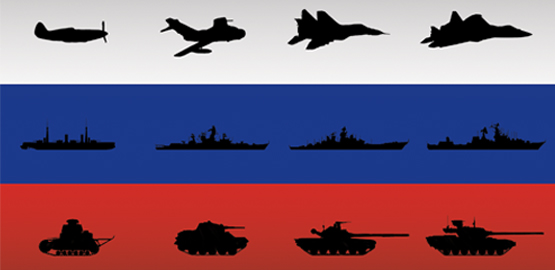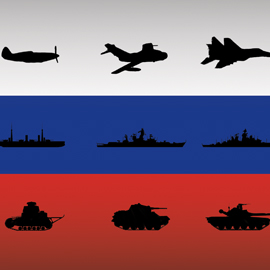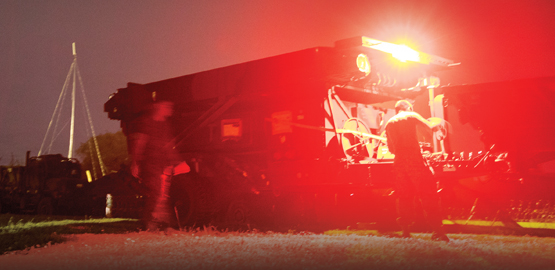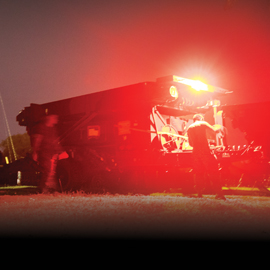Resources
CSBA’s research on the most pressing issues in U.S. national security continues to shape the defense agenda. CSBA’s research focuses on four main areas:
Strategy & Policy
Today, the United States confronts a number of challenges to its national security: the rise of China, a revisionist Russia, the proliferation of weapons of mass destruction and disruption, and the spread of Islamic extremism. The United States finds itself tackling these challenges at a time when its primacy is increasingly contested and its economic foundation eroding. CSBA seeks to inform the development of U.S. strategy by developing innovative options to reconcile ends and means, and by identifying sources of enduring advantage to help the U.S. sustain its position and meet challenges of the 21st century.
Securing Space Superiority: U.S. Deterrence Options in a Two-Rival Threat Environment
Military competition in and for space is rising. Both the People’s Republic of China (PRC) and the Russian Federation have put significant effort into developing, demonstrating, and fielding counterspace capabilities that could allow the Chinese and Russian militaries to threaten U.S. space systems. Is the United States prepared to compete with and deter two space rivals simultaneously?



























